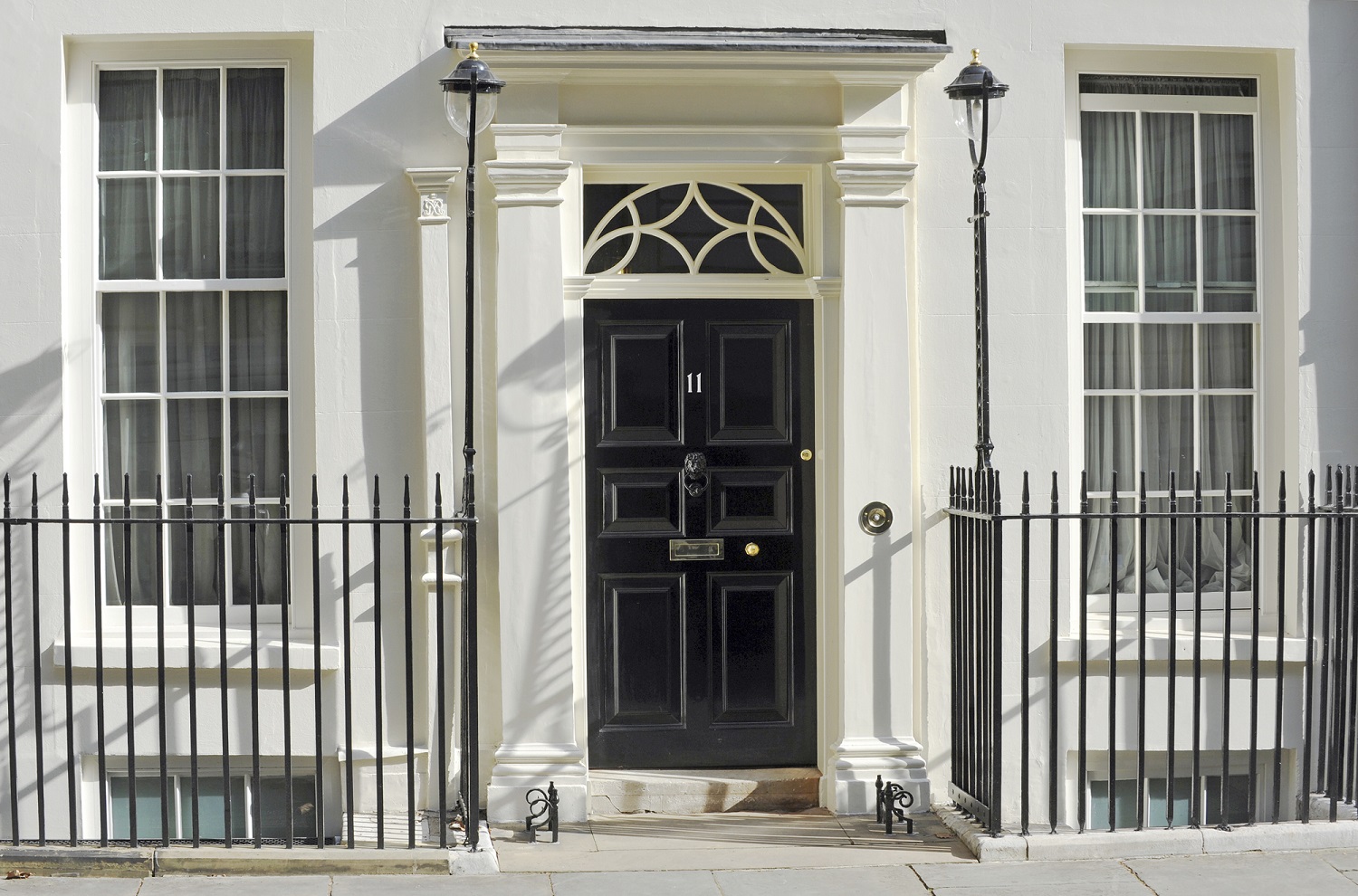A critical Budget balancing act is required from Rishi Sunak

This article first appeared in The Herald on 26 February 2021.
It will go down as one of the most well-worn clichés of recent times but the last year really has been unlike any other that we have ever experienced.
With that in mind, you have to feel a certain level of sympathy for Chancellor of the Exchequer, Rishi Sunak, who is currently preparing his first budget in 12 months. On Wednesday, he will face the daunting task of juggling unprecedented levels of public spending alongside a massively reduced tax base, both situations caused by the coronavirus pandemic.
Throw in growing uncertainty about the future of the furlough scheme, together with the biggest GDP hit of any G7 country at around 10%, and it’s clear that keeping everyone happy will be an impossible job for Mr Sunak.
For the number crunchers in the Treasury, successfully navigating the national economy out of the current circumstance will be akin to threading a needle while wearing a pair of oven gloves.

One of the biggest questions that will need answered surrounds the fate of the furlough scheme. It was central to his address a year ago but drawing the scheme to a permanent conclusion was always going to be challenging. How Sunak will approach this has been a fairly well guarded secret up until now but perhaps a more sectoral approach that targets the most precarious areas of the economy could be one solution.
Although the cost of borrowing remains low, there is clearly a need to increase tax income. However, avoiding hitting the consumer in the pocket, at a time when the country really needs us all to be out there spending, will be top of the government’s checklist. While this means income tax will likely remain unaffected a freeze on the personal allowance should not be ruled out.
Far more likely though is an increase in corporation tax. One innovative approach could be to return to a sliding scale, similar to the system that was in place until recent years. This would see smaller, less profitable companies paying a lower level of tax whilst the larger companies making bigger profits would be hit harder.
Another route that Sunak is widely predicted to explore is some kind of online sales charge or excessive profit tax. Targeted at the big winners from lockdown such as Amazon and Deliveroo this would help restore something of a level playing field in the retail sector, while also providing a timely boost to the Westminster coffers. Rather than a traditional tax, a one-off levy could be employed here in an attempt to avoid the companies simply passing the cost onto the consumer. If combined with a reduction in business rates and support on rent charges this could provide a timely and much needed boost to our high streets.
Elsewhere, entrepreneurs relief is likely to remain relatively untouched, although Capital Gains Tax could potentially be set to increase, albeit that increase is unlikely to be immediate. By creating a cliff edge of, say, 6 April 2022 for any increase, he could encourage taxpayers to realise gains over the coming year and generate much needed revenue in the short term while allowing taxpayers to organise their affairs.
In terms of encouraging spending, there’s a widely held expectation that the VAT cut for the hospitality and tourism sector will remain as Scotland gears up for a summer of staycations. A return to some kind of eat out to help out scheme could also be something the Chancellor has up his sleeve. Both these moves would come as a great relief, particularly for businesses here in Glasgow, a city economy that figures show has been one of the worst hit in the UK over the last 12 months.
Whilst perhaps not quite as extraordinary as last year’s announcement, Wednesday’s address is going to be just as intriguing. Rishi Sunak has a very fine line to tread. On the one hand, he must look to generate some much-needed revenue for the Treasury, on the other, he must also encourage consumers to start spending again. The proof, as always, will be in the detail but, whatever happens, it is unlikely that every industry will be kept happy come the closing comments on Wednesday afternoon.
